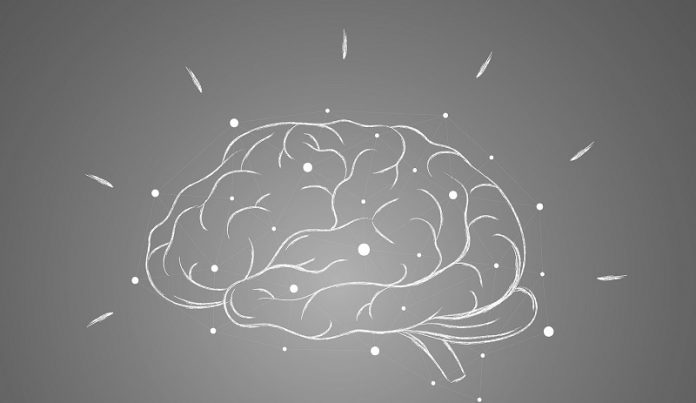
Scientists from the University of Washington confirmed that COVID patients have an added risk of stroke.
They analyzed data on more than 20,000 U.S. adults hospitalized with COVID-19 between January and November 2020.
The analysis found that their risk of stroke was higher than for patients with other types of infections, including flu.
These findings suggest that COVID-19 may increase the risk for stroke, though the exact mechanism for this is still unknown.
In the study, the team showed that 1.4% of COVID patients had a stroke confirmed by diagnostic imaging.
Of those, 52.7% had an ischemic stroke (caused by blocked blood flow to the brain); 45.2% had a bleeding or unspecified type of stroke, and 2.5% had a transient ischemic attack (also called a mini-stroke or TIA).
COVID patients who suffered a stroke were more likely to be male (64%) and older (average age: 65) than those who didn’t have a stroke (average age: 61).
The study found that 44% of ischemic stroke patients had type 2 diabetes, compared with about one-third of patients who didn’t have a stroke.
Eight in 10 ischemic stroke patients had high blood pressure, compared to 58% of non-stroke patients.
The heart rhythm disorder atrial fibrillation was found in 18% of ischemic stroke patients and 9% of those without stroke, the study found.
Stroke patients averaged 22 days in the hospital—12 days more than patients who didn’t have a stroke.
In-hospital deaths were more than twice as high among stroke patients (37%) than in those without stroke (16%).
The team suggests that coronavirus is not just a respiratory illness, but a vascular disease that can affect many organ systems.
If you care about stroke, please read studies about what are ideal blood sugar levels for preventing repeat strokes and heart attacks, and these dietary supplements could prevent heart disease and stroke.
For more information about stroke, please see recent studies about therapy that could boost recovery from stroke and dementia, and results showing these 3 common drugs may increase stroke risk by 60%.
The research was presented at a virtual meeting of the American Stroke Association and conducted by Dr. Saate Shakil et al.
Copyright © 2022 Knowridge Science Report. All rights reserved.



